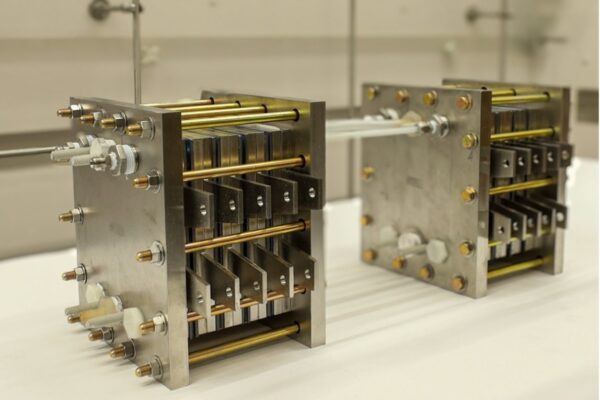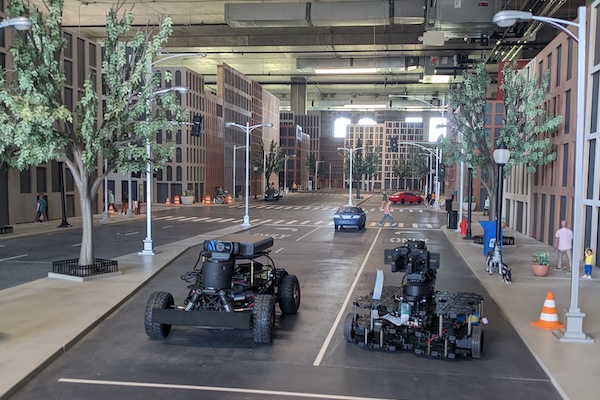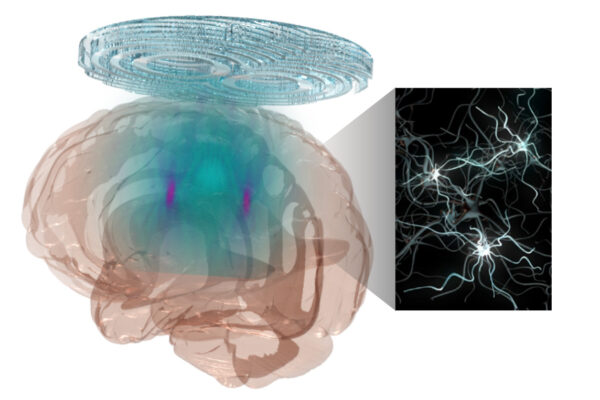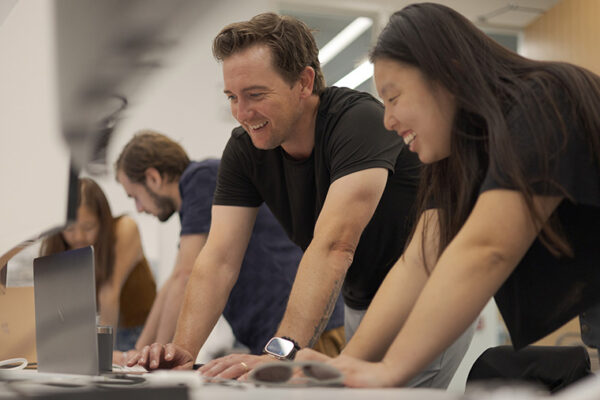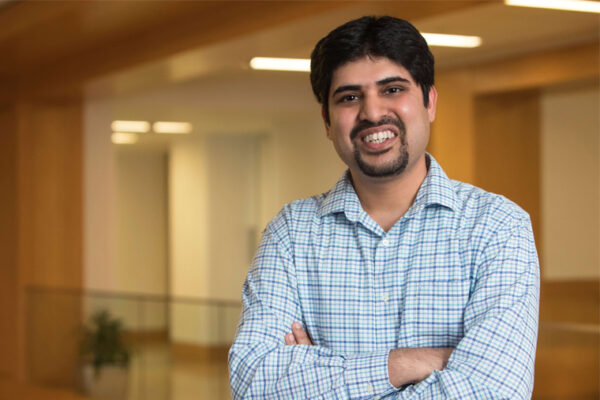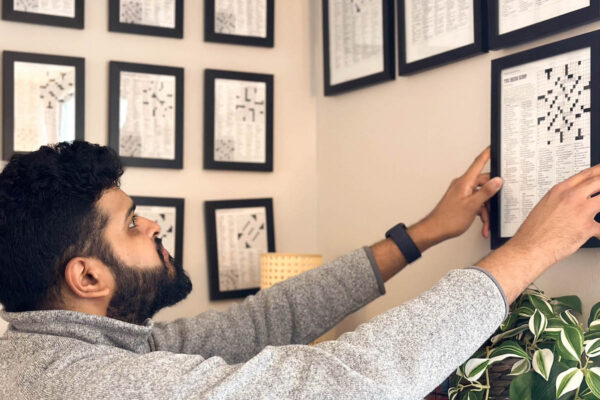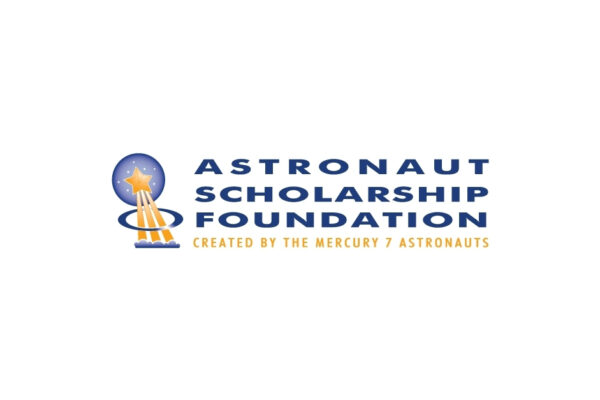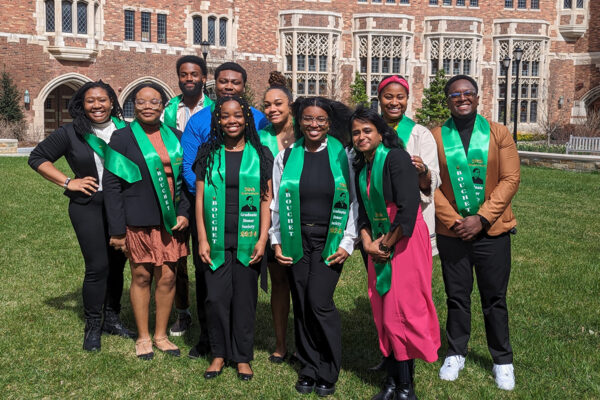Leah Rae Czerniewski, biomedical engineering doctoral student, 34
Leah Rae Vandiver Czerniewski, a doctoral student in the Department of Biomedical Engineering in the McKelvey School of Engineering at Washington University died after a long illness Tuesday, June 11, 2024, at Barnes-Jewish Hospital in St. Louis. She was 34.
OpenAI awards grant to improve machine learning models
An award from OpenAI will aid researchers at Washington University in St. Louis to better train powerful machine learning models.
Altered carbon points toward sustainable manufacturing
Researchers at McKelvey School of Engineering at Washington University in St. Louis have developed a vastly more productive way to convert carbon dioxide into useful materials and compounds.
Advancing robot autonomy in unpredictable environments
Yiannis Kantaros, an assistant professor at the McKelvey School of Engineering at Washington University, has received a five-year $591,457 Faculty Early Career Development (CAREER) Award from the National Science Foundation to address limitations to robot autonomy.
New technology allows researchers to precisely, flexibly modulate brain
Researchers at Washington University have developed a noninvasive technology combining a holographic acoustic device with genetic engineering that allows them to precisely target affected neurons in the brain.
The next generation of design
The Sam Fox School of Design & Visual Arts, in collaboration with the McKelvey School of Engineering, will launch a new Master of Design for Human-Computer Interaction and Emerging Technology in fall 2025. Housed in Weil Hall, it will be the first STEM-designated graduate program situated within the Sam Fox School’s College of Art.
Researchers develop improved techniques for medical imaging
Biomedical engineer Abhinav Jha, an assistant professor at the McKelvey School of Engineering and of radiology at the School of Medicine, both at Washington University in St. Louis, has published two papers recently related to improving imaging methods for medical applications.
Uncovering ‘the basis of humanity’ one puzzle at a time
For WashU MD/PhD student Sid Sivakumar, studying the brain is like constructing a crossword puzzle. Conveniently, he does both. He crafts puzzles for The New York Times, Washington Post — and now, the Record.
Collado named an Astronaut Scholar
Tomás Collado, a rising senior studying mechanical engineering at the McKelvey School of Engineering, has been named an Astronaut Scholar, one of the nation’s most prestigious STEM fellowships.
Ten inducted into Bouchet Graduate Honor Society
The Bouchet Graduate Honor Society, established in 2005 by Yale University and Howard University to recognize outstanding scholarly achievement, recently inducted eight doctoral candidates and two postdoctoral fellows from Washington University.
View More Stories


